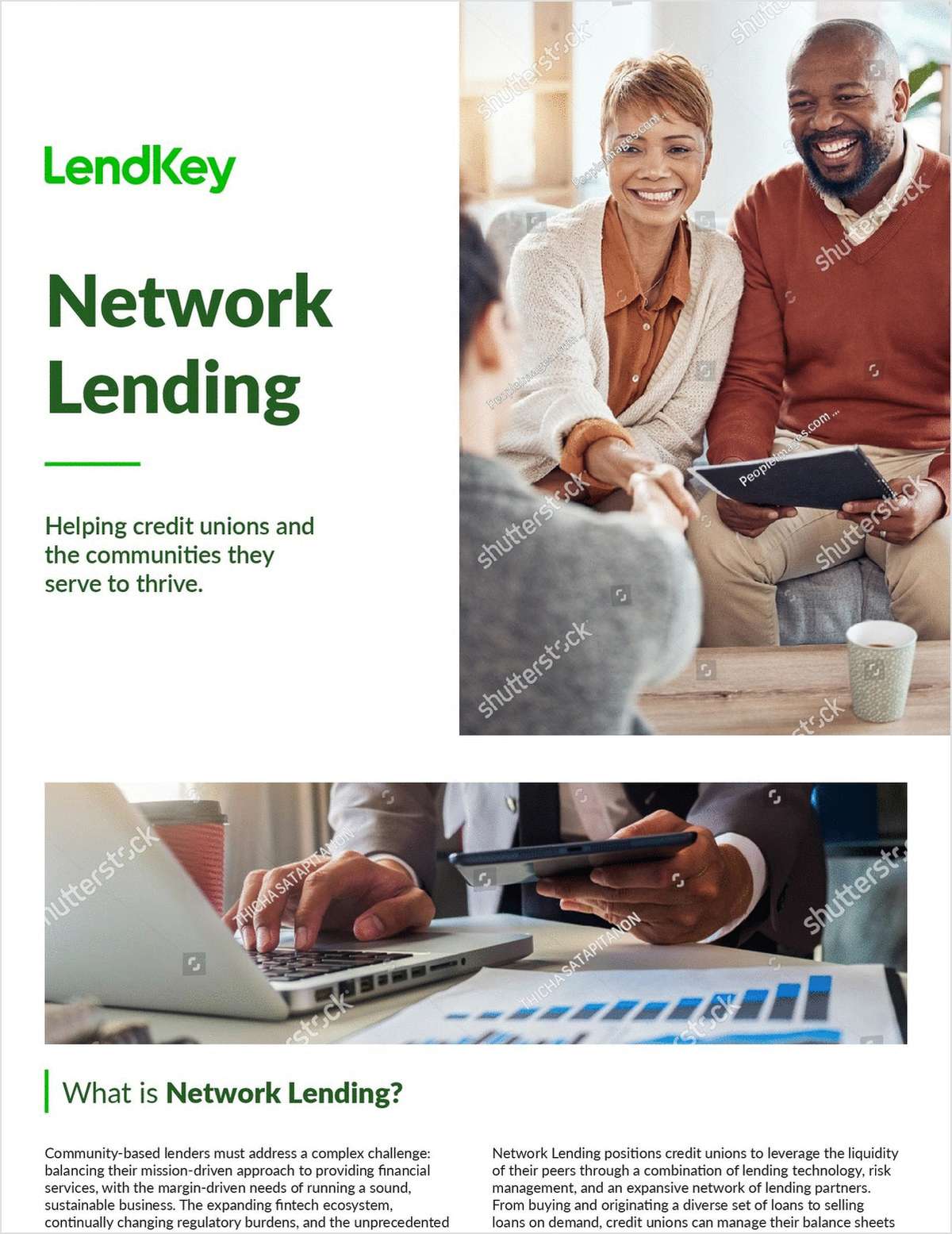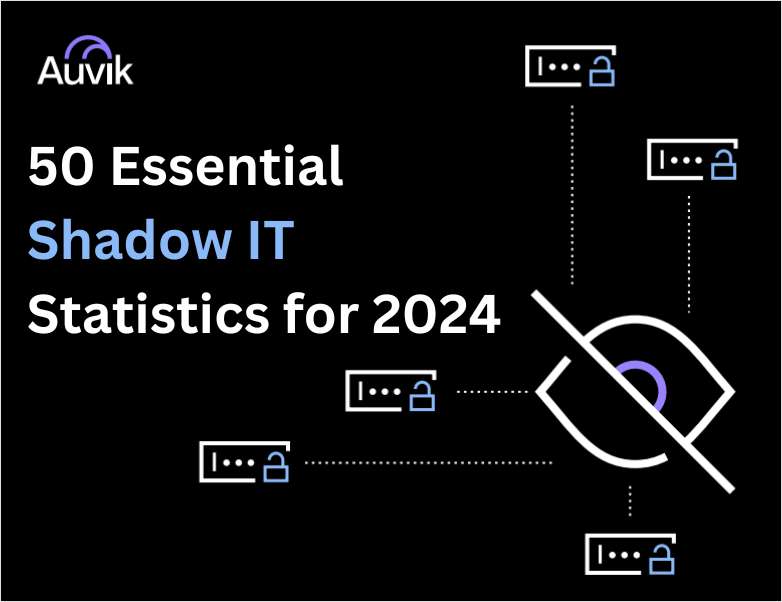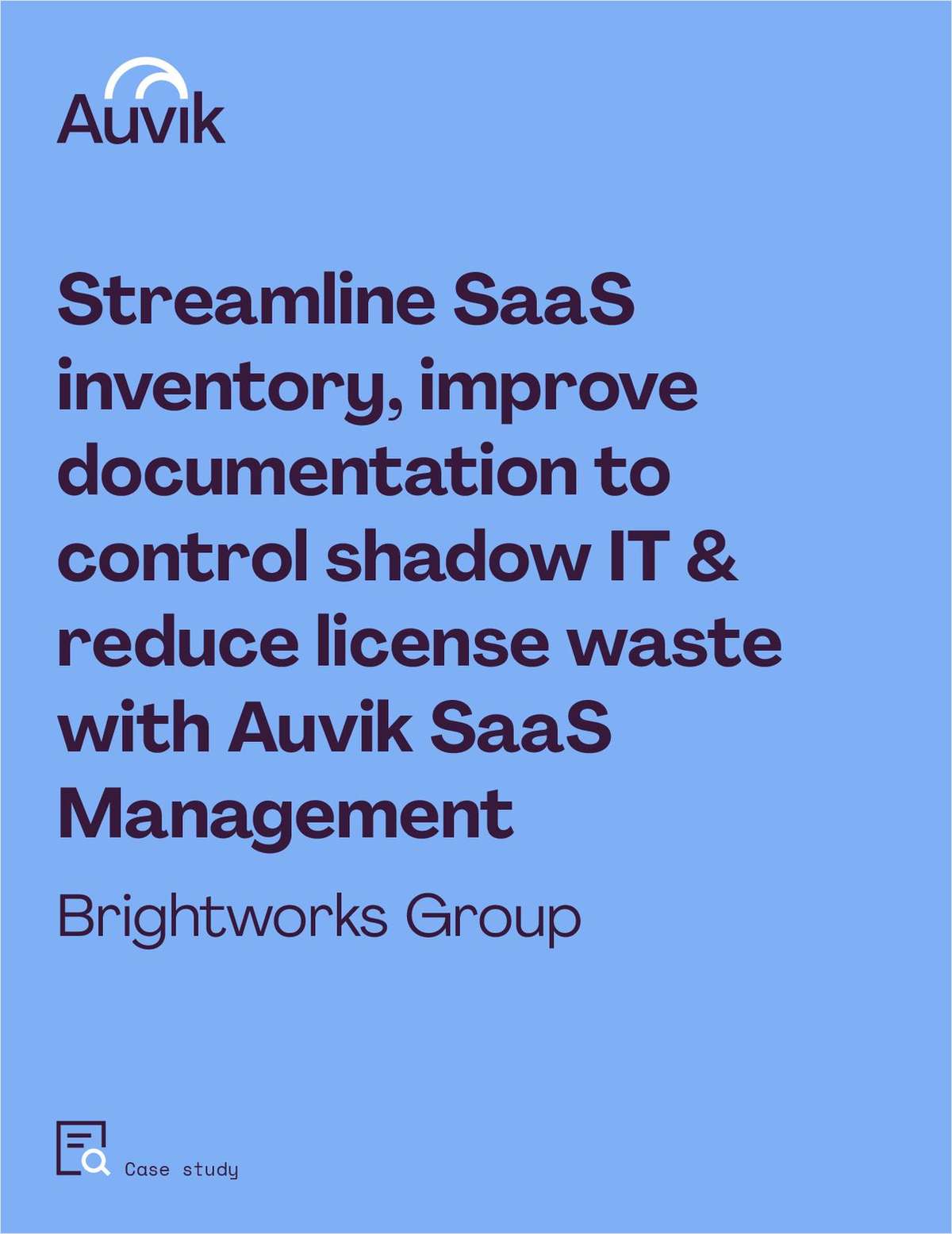WASHINGTON-House leaders' strategy to pass H.R. 975, the Bankruptcy Abuse and Consumer Protection Act of 2003, by attaching it to the noncontroversial S. 1920, a bill to extend Chapter 12 farm protection for six months, has worked so far. The House passed S. 1920, including the overall bankruptcy reform bill, by an overwhelming 265-99 vote. "The big question now is whether Senate Democrats will agree to a conference. If they don't agree to conference, we could have a big delay," NAFCU Senior Legislative Representative Murray Chanow said. The move was intended to avoid amendments to the bill in the Senate, particularly one from Senator Charles Schumer (D-N.Y.) exempting those convicted of violent acts against abortion clinics from bankruptcy protections for the fines incurred. Then the Senate can take up the House version of the bill for a vote, which if unamended could pass and go to the president for signing. A cloture vote (minimum of 60 votes in favor) would be necessary to end debate. A conference with the House would be in order if the bill were amended. The Senate could even choose not to conference; a conference report cannot be amended in the Senate. Bankruptcy reform supporters could choose any numerous other procedural options. "The theory behind doing this was to give the Senate a way to get around having to take this to the floor," CUNA Vice President of Legislative Affairs and Senior Legislative Counsel Gary Kohn said. By holding the farm bankruptcy protection legislation hostage, bankruptcy supporters are hoping to garner the support of the plains state Democrats. However, Kohn offered, there was no coordination with the Senate leadership on this and they may not follow the House's lead. "We feel fairly confident, [the Senate will] start taking a closer and fresher look at this," he said. Kohn added, "I think that you'll see that if it does not work that there will be other similar efforts where the House leadership will be looking for other vehicles until the Senate gets the message and tries to move on its own." In any case, the lobbyist said, the procedure and vote demonstrate the importance of this bill to House members and calls new attention to the issue. The danger on the House side is the risk they are taking in threatening to hold up the Chapter 12 extension in an election year. Lobbyists would not say if the House members were prepared to go through with the threat. NAFCU Director of Legislative and Political Affairs Brad Thaler took a somewhat optimistic approach to the Senate's handling of the full bankruptcy reform legislation. "A number of the Senators over the years have voted for the legislation. Bankruptcy reform has passed the Senate in different forms several times over the years," he pointed out. Working toward the bill's passage, NAFCU President and CEO Fred Becker wrote a letter to Speaker of the House Dennis Hastert prior to the bill being taken up pushing for movement on H.R. 975. The letter pointed out that more than 1.2 million people filed for bankruptcy in the first nine months of 2003 and more than 200,000 of those were credit union members. "As the number of bankruptcy filings continues to rise, bankruptcy losses have a disproportionately heavier impact upon fiscally responsible credit union members than they do on the customers of for-profit financial institutions," he wrote. "The bankruptcy reform legislation before the House and the Senate would help curb this trend and require those who can pay a portion of their debt to do so." CUNA, too, was lobbying hard at the highest levels and sent out a call to arms to all the state leagues asking them to contact each of the Democrats that had previously supported H.R. 975 and ask them to support its addition to S. 1920 last week. "93 Democrats voted for HR 975 when it passed in March," the memo read. "We would like to make sure those same Members vote in favor of the bill today. This would send a message to the Democrats in the Senate that bankruptcy reform is a bipartisan effort with strong support for final approval of a bill." [email protected]
Continue Reading for Free
Register and gain access to:
- Breaking credit union news and analysis, on-site and via our newsletters and custom alerts
- Weekly Shared Accounts podcast featuring exclusive interviews with industry leaders
- Educational webcasts, white papers, and ebooks from industry thought leaders
- Critical coverage of the commercial real estate and financial advisory markets on our other ALM sites, GlobeSt.com and ThinkAdvisor.com
Already have an account? Sign In Now
© 2024 ALM Global, LLC, All Rights Reserved. Request academic re-use from www.copyright.com. All other uses, submit a request to [email protected]. For more information visit Asset & Logo Licensing.









